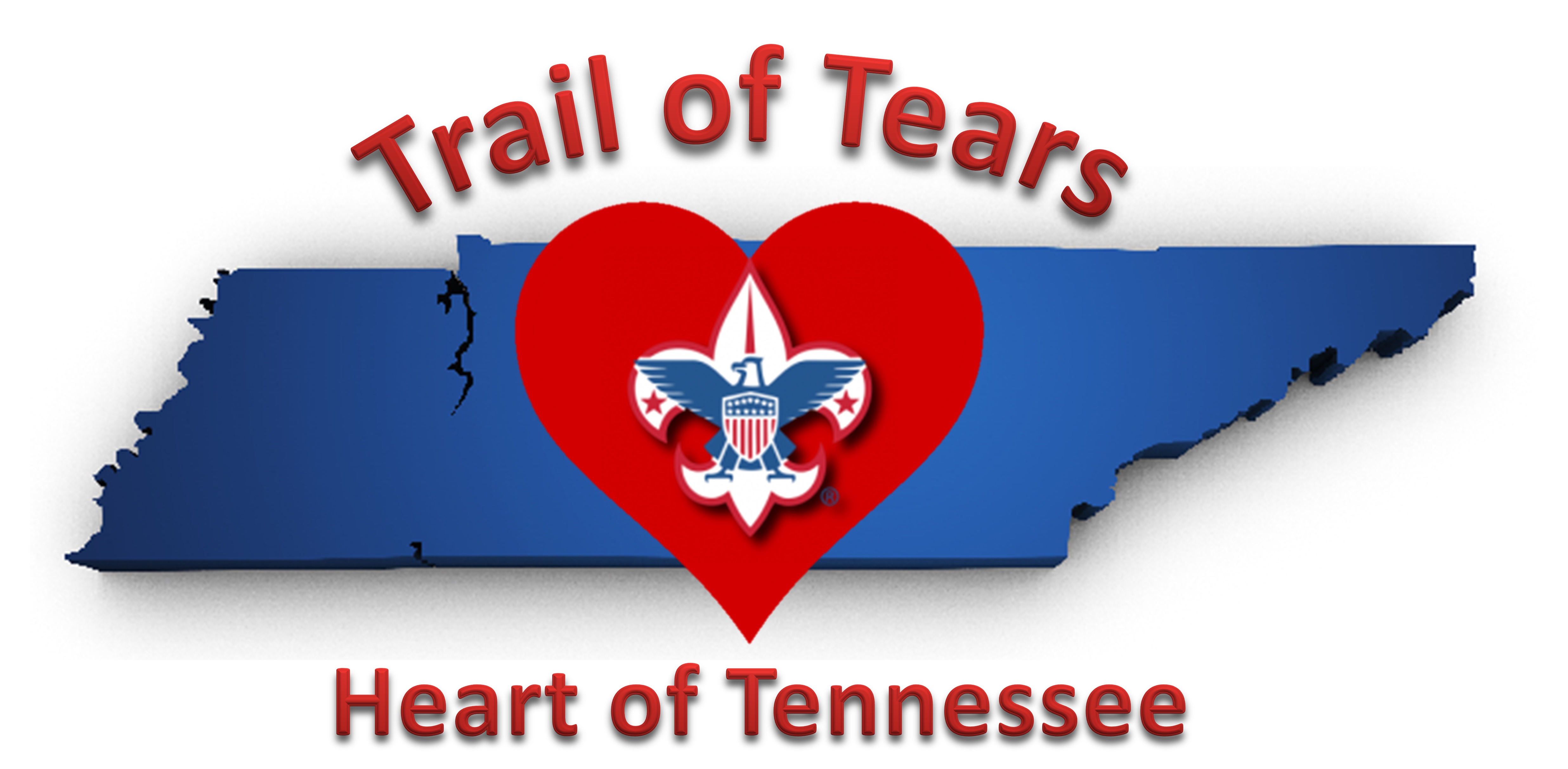
It doesn’t take much digging to uncover the parallels between an Eagle Scout and an investigative journalist.
Both are helpful, courteous and brave. They’re curious — willing to ask questions and go places others might avoid. They’re committed to helping other people at all times — especially the forgotten or downtrodden.
So it was not exactly shocking news to learn that an Eagle Scout was awarded the 2020 Pulitzer Prize for investigative reporting.
“I try to orient my work around trying to serve others by providing accurate information and exposing wrongdoings,” says Brian M. Rosenthal of The New York Times. “I am motivated by the same values that I learned in Scouting.”
Rosenthal earned Scouting’s highest honor in 2006 as a member of Troop 335 of West Lafayette, Ind. (Sagamore Council).
Bryan on Scouting caught up with Rosenthal to talk about his Pulitzer Prize, his Eagle project and his advice for aspiring journalists.

‘A truly gifted investigative reporter’
Rosenthal conducted more than 600 interviews over 18 months of reporting to write the Pulitzer Prize-winning work.
In describing Rosenthal’s reporting, the Pulitzer board calls it “an exposé of New York City’s taxi industry that showed how lenders profited from predatory loans that shattered the lives of vulnerable drivers, reporting that ultimately led to state and federal investigations and sweeping reforms.”
Modern reporting often requires some combination of sneakers-on-pavement interviews and database work. For his Pulitzer-winning articles, Rosenthal did both. He interviewed hundreds of sources, calling again and again for weeks when necessary. And he “interviewed” the data, often compiling databases until 3 a.m.
“He’s always willing to question what he’s found,” Kirsten Danis said in a New York Times story about Rosenthal. “That’s the mark of a truly gifted investigative reporter.”

How Scouting helped
In addition to a desire to serve others, Rosenthal sees another link between Scouting and journalism. He says Scouting taught him how to treat others with empathy and respect.
“If I’m going to do the type of journalism that makes a difference, I have to get people to trust me,” he says. “I have to understand people on a deep level, all of which flows from empathy and respect.”
The New York Times article about Rosenthal opens with an anecdote about the reporter’s time in Troop 335. Like many Scouts, Rosenthal sold Scout popcorn to raise money for his troop. Something about that effort of “turning up virtually every driveway and ringing doorbells” seemed to click with the eighth-grade Rosenthal.
He sold $6,000 in popcorn that year, which was more than any other Scout in his council.
That effort previewed the relentless reporting that would help Rosenthal receive not one but two Pulitzer Prizes. (He was also part of The Seattle Times staff that received the 2015 award for breaking news for its reporting of a deadly landslide.)

‘Such a great team’
While some Pulitzer Prizes, like Rosenthal’s from 2015, are presented to a news outlet’s entire staff, the 2020 Pulitzer Prize for investigative journalism bears only one name: Brian M. Rosenthal.
The same goes for Rosenthal’s Eagle Scout certificate, where he’s listed as the lone honoree. But to say that either award was a solo effort minimizes the efforts of Rosenthal’s support team.
In his remarks released after accepting the Pulitzer Prize, Rosenthal makes it clear that he didn’t do it alone.
For the Eagle Scout Award, Rosenthal says he “had such a great team” — so many that when we talked, he was worried he would forget someone.
“The team definitely included my Scoutmasters, Chris Hilgendorf and John Maxwell, my Eagle Scout advisor (and inspirational leader) Bill Conley, my all-around mentor Dave Hall and fellow leaders and mentors Bill Hoover, Dave Taylor, Stephanie Beckett, Ken Bol, Ann Harding, Kathy Kokini and Sam Midkiff,” he says. “And my brother, fellow Eagle Scout Jeremy Rosenthal, who was with me every step of the way. And of course our parents, Sheila and Frank Rosenthal.”
A team effort, indeed.
Merit badges and an Eagle project
While Rosenthal did earn the Journalism merit badge (at age 14) and the Communication merit badge (at age 13), he points to another pair of badges as the most impactful on his personal growth.
“The merit badges that had the biggest impacts on my life were the ones that pushed me and instilled a deep sense of independence,” he says, “including Wilderness Survival and Orienteering.”
While those badges taught independence, Rosenthal’s Eagle Scout service project taught lessons in leadership, organization and connection with others. He organized a massive food drive that collected nearly 2,000 pounds of food for the needy in Lafayette, Ind.
Advice for aspiring journalists
The Pulitzer Prize is not a lifetime achievement award. A journalist could receive the award for their seventh bylined story or their 700th. (For Eagle Scout Ryan Kelly, who received a 2018 Pulitzer Prize for his chilling photo of a car plowing into a group of counterprotesters in Charlottesville, Va., the winning photo was taken on his last day at the newspaper.)
At age 31, Rosenthal has been recognized by the Pulitzer board three times. He won twice and was a finalist once.
“Only a handful of reporters in their early 30s or younger have attained that level of Pulitzer-winning performance,” one expert told the Times.
So, naturally, we asked Rosenthal how future journalists can set themselves up for similar success. The answer: read and write.
“It sounds simple, but it’s so important,” he says. “If you want to do great journalism, read great journalism. Read it repeatedly. Read it closely. Try to put yourself in the writer’s shoes. Think about where they got the information and why they chose to put it where they did. Break it down like a puzzle. And then replicate their strategies.”
Writing, he adds, is just as vital.
“The only way you find your voice as a writer is by doing it as much as possible,” he says.
Powered by WPeMatico
